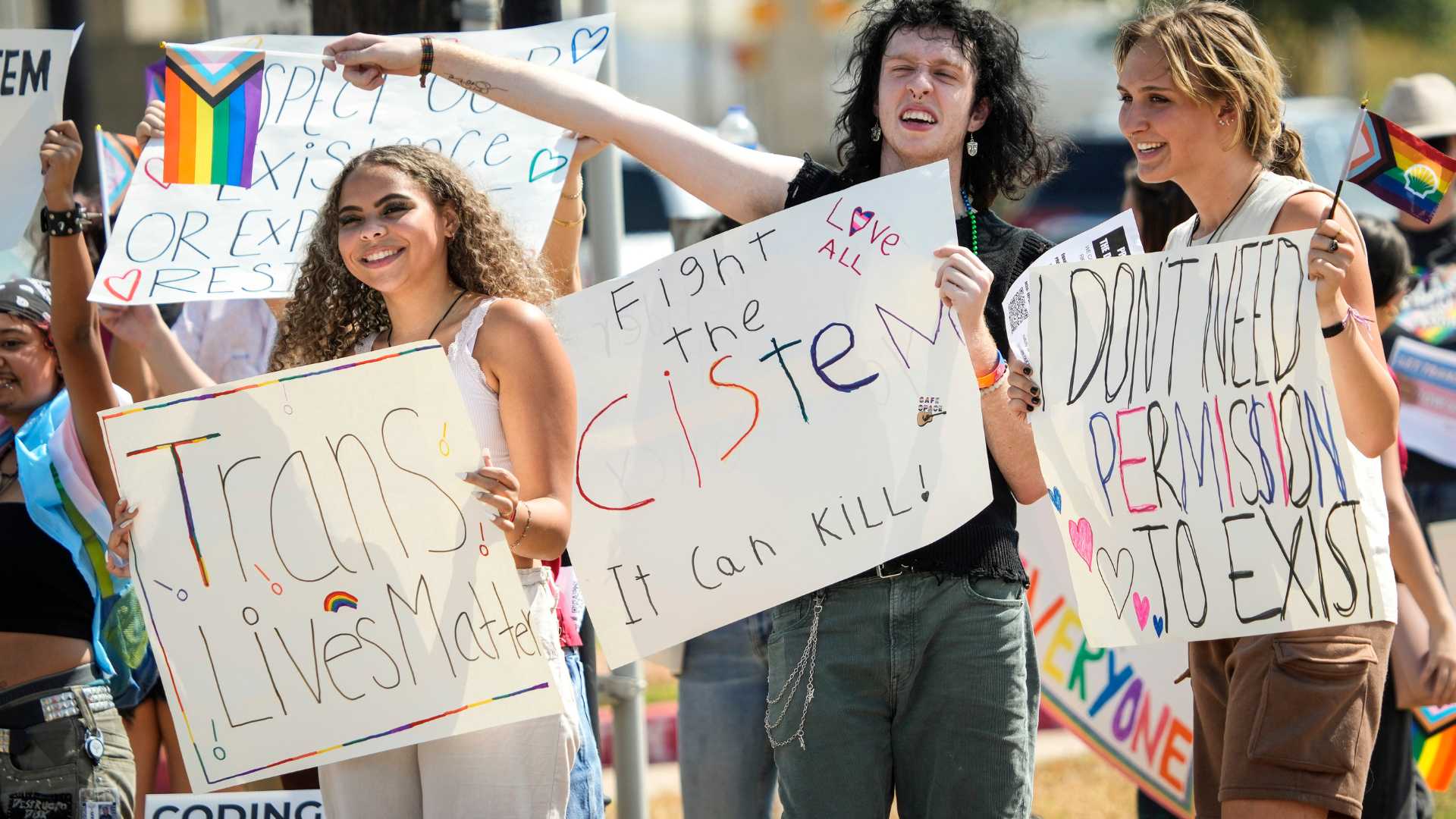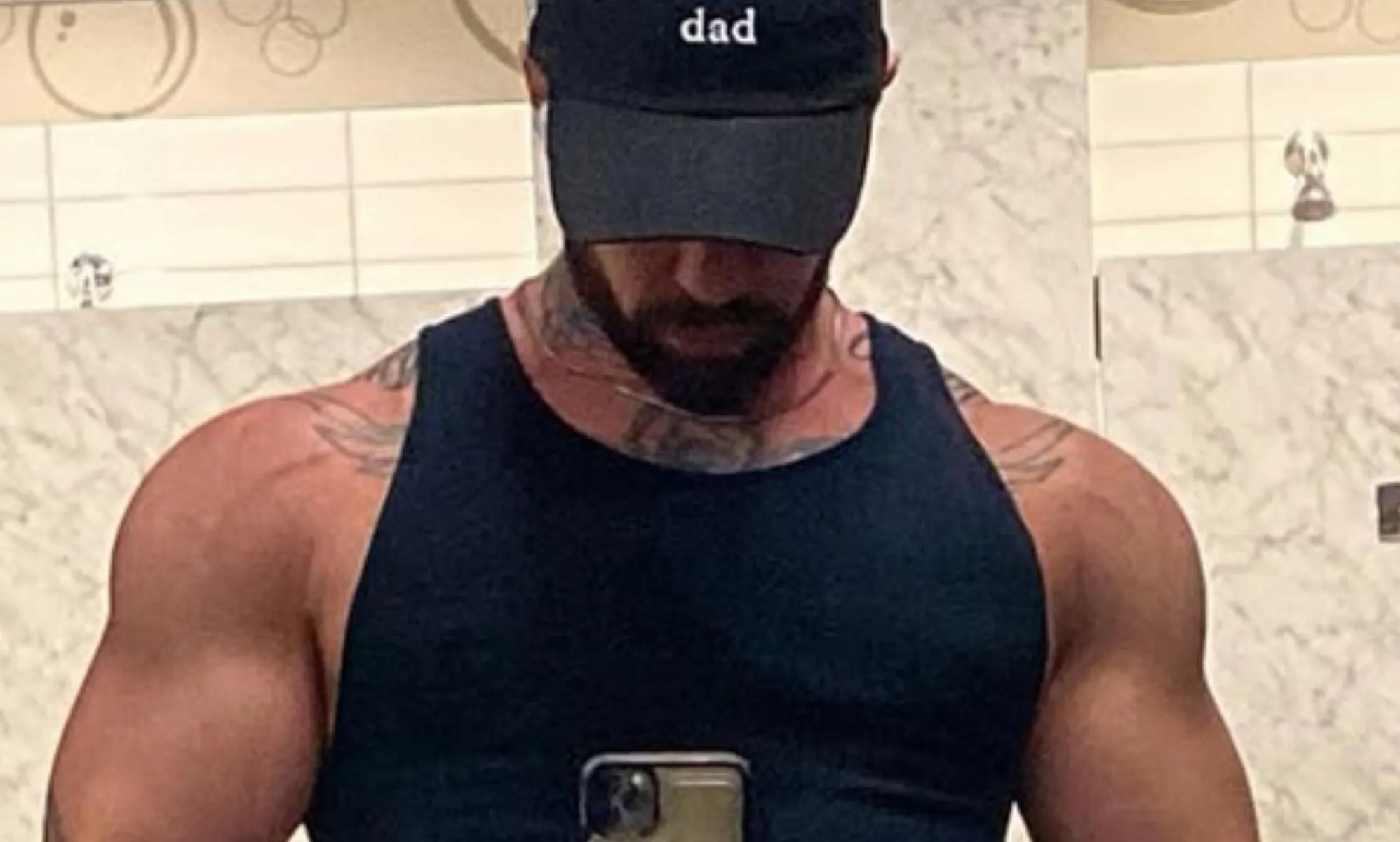New Zealand ‘gender critical’ group tries to compile information on trans school kids
Placard saying “Protect Trans kids” during the Trans march on the streets of Toronto during the Pride Month. (LightRocket via Getty/ Anatoliy Cherkasov/SOPA Images)
Schools have been warned to protect student privacy after an attempt by a “gender critical” group in New Zealand to compile information on trans school kids.
According to Stuff, an email addressed to “all intermediate and secondary schools” was brought to the attention of New Zealand’s Ministry of Education by schools.
It describes being transgender as a “new trend”, and asks for information from schools on their trans and non-binary students.
The group asked how many trans kids were enrolled at each school, and requested information on their year group, ethnicity and correspondence with the school before enrolment.
It also asked “what, if any, problems” trans kids posed for the schools, and what “actions that would support schools in managing this new trend”.
Lorraine Monahan, the Ministry of Education’s official information manager, told the publication: “We would be very concerned about the release of any information which might identify students or breach their privacy.”
She said that while there was technically nothing wrong with the group sending the emails, schools should ask for advice before releasing information, for example from the New Zealand School Trustees Association or Te Rūnanga Nui.
Margaret Curnow, one of the “gender critical” people behind the emails, told Stuff the group had “growing concerns” about sex and relationships education in New Zealand schools, especially in light of new guidelines released by the government last year.
The guidelines include advice on being inclusive of trans and non-binary pupils, for example allowing them to use the correct toilets, and not dividing classes into “girls” and “boys” groups.
Curnow said she thought the guidelines encouraged schools to “set up policies and practices that put the needs of trans children ahead of the needs of other children”.
But Dr Rachael Dixon, co-chair of NZ Health Education Association and part of the team that developed the guidelines, was clear: “There is no evidence anywhere in the world that education about gender would cause someone to change their gender identity.”
She added: “Young people know about this stuff… They want to talk about it, they want teachers who are able to open up this conversation in a safe and inclusive way.
“Young people are accepting of difference.”






